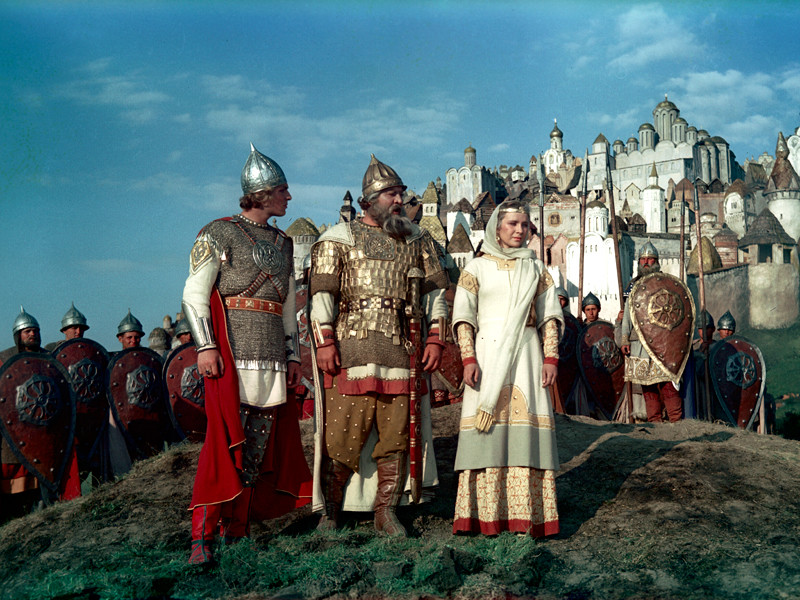Who are the Vikings?

The Vikings are a people of great fame because of their wars and their conquests, and they have roamed the world and have overtaken vast areas, in a way that no one preceded them until they have described them as having their campaigns spread from Western Europe to Central Asia.
Who are the “Vikings”?

They are the Nordic Germanic peoples who have settled the northern regions of Europe and have been called “northerners” and mean the northerners and believe that the origins of the word “Viking” came from the word “Vick”, a small Gulf in the language of the northern regions. This name can also come from a region of Norway called “Viken” where Viking lived.
Some historians say that those people who were famous for riding the sea and piracy did not call themselves “the Vikings”, but this name was linked to them over the years. It did not appear in history books until their mid-afternoon during the tenth-century ad.
Religion and its beliefs in “the Vikings” … the Nordic myths and mythology
The pre-Christian Viking religion was similar to that of other German tribes, where they sanctified a number of gods such as Odin, the Lord of Lords, the God of War, Wisdom, and Death, who blessed humanity with the alphabet, the leader of the Norwegian gods Thor, the God of Thunder, the God of Light, and the God of Light, and the beautiful goddess Freya. » The battles were raging to choose fighters, as well as the ski goddess Skadi, who was associated with revenge, as well as Neord, Freya, Aydon, Himdal, Frigg, Loki, and many other gods.
Viking language… Origin of modern languages
The Vikings speak a form of the ancient Nordian language, consisting of 16 straight-line characters, a language that influenced the creation of modern languages in Sweden, Denmark, Norway, and Iceland, as Icelandic is the closest language to the ancient Nordian language. It still exists.One city in Sweden still speaks the old Nordiya called the town of Fadallen, and it was used as a written language in that city until 1950. Because of this, that city remained virtually cut off from the outside world until recently, enabling the culture of Vikings to survive.


